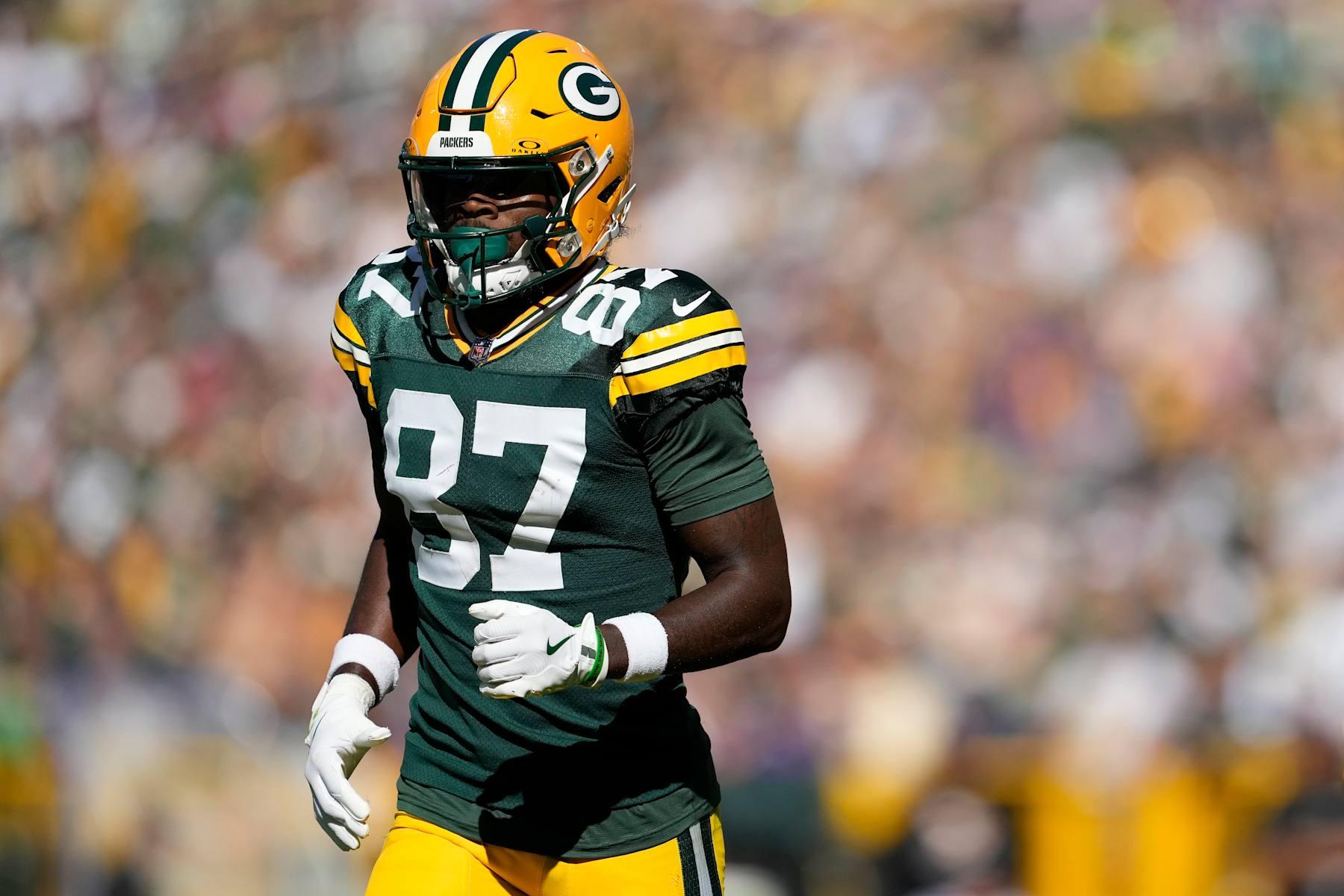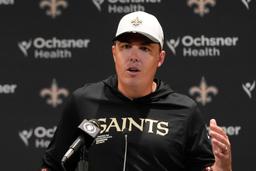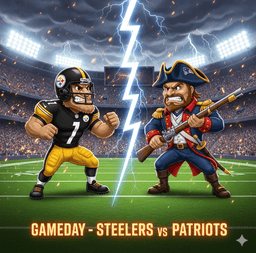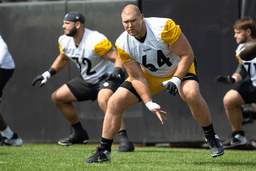Green Bay Packers Honor Three-Time MVP with Commemorative Statue at Lambeau Field
Green Bay, Wisconsin – The Green Bay Packers have announced a monumental tribute to one of their greatest icons, approving a $2.5 million statue of legendary quarterback Brett Favre to be erected outside the hallowed Lambeau Field. This decision celebrates Favre’s extraordinary contributions to the franchise, cementing his legacy as a cornerstone of Packers history.
Brett Favre, a Pro Football Hall of Famer, led the Packers with unmatched charisma and grit during his tenure from 1992 to 2007. His accolades include three consecutive NFL MVP awards (1995–1997), a Super Bowl XXXI victory, and countless electrifying moments that rekindled the Packers’ championship spirit. “Brett Favre is synonymous with Packers football,” a team executive stated. “His statue will stand as a testament to an era of unforgettable triumphs.”
The statue, set to depict Favre in his iconic No. 4 jersey mid-throw, is slated for unveiling in Spring 2026. It will join the bronze likenesses of Vince Lombardi and Curly Lambeau, placing Favre among the franchise’s most revered figures. Designed to capture his dynamic playing style, the monument aims to inspire future generations of fans visiting the historic stadium.
However, the announcement has sparked polarized reactions. While many fans view the statue as a long-overdue honor, others question its timing amid recent off-field controversies involving Favre. Social media platforms buzzed with debate: “He brought glory to Green Bay—statue earned!” one supporter wrote, while a critic countered, “Honoring him now feels tone-deaf.” The discourse reflects a broader question: can a sports icon’s on-field brilliance be celebrated separately from their personal missteps?

Former teammates have largely endorsed the tribute, with one noting, “Brett’s leadership defined our golden years.” The Packers organization emphasized that the statue commemorates Favre’s athletic contributions, not his off-field actions. Yet, the decision underscores the challenge of balancing legacy with accountability in sports culture.
This tribute transcends Favre himself, prompting reflection on how teams immortalize their heroes. As the NFL evolves, the Favre statue will stand as both a nod to past glory and a catalyst for discussions about greatness, flaws, and redemption. For Packers Nation, it’s a bold statement of pride in a player who transformed Lambeau Field into a theater of dreams.
As construction begins, anticipation builds for the unveiling, when fans will gather to honor a quarterback whose arm and heart left an indelible mark on Green Bay. The statue will not only celebrate Favre but also invite ongoing dialogue about legacy in the ever-passionate world of football.
May You Like












